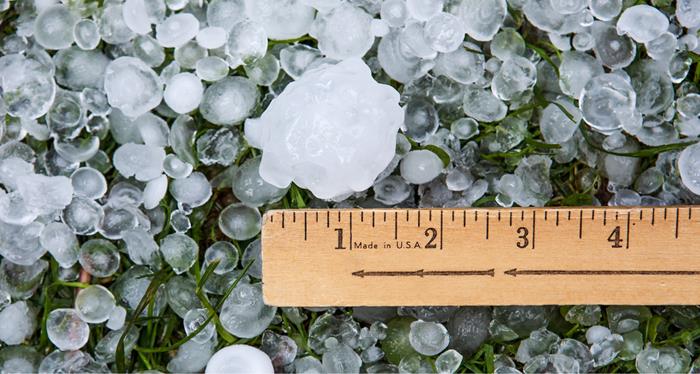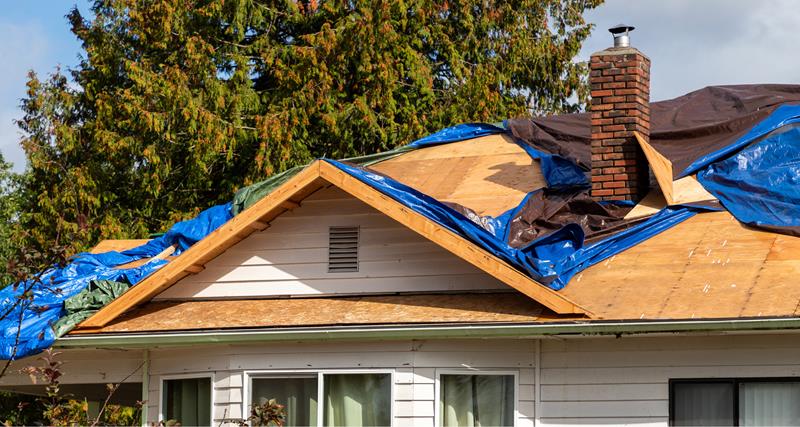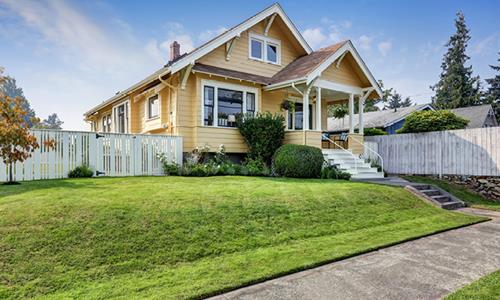Homeowners insurance protects you and your home in the event of an accident.
Homeowners insurance protects what is likely your single biggest financial asset: your home. This form of property insurance covers damages to the house itself as well as damages or loss to assets inside the home.
Is Homeowners Insurance Required?
No, homeowners insurance is not required by law. However, if you have a mortgage on your home, most lenders do require homeowners insurance.
Even if you don’t have a mortgage, it’s still a wise decision to get homeowners insurance. It not only protects a major financial asset, but it also provides reassurance and peace of mind in the event anything happens to your property.
What Does Homeowners Insurance Cover?
Homeowners insurance covers two main categories: property and liability.
Property
Property coverage includes anything that happens to the exterior or interior of your home, as well as loss or damage of personal belongings. Examples include:
- Fire damage
- Hail, wind, or storm damage
- Theft of personal belongings like electronics, furniture, or clothing

Floods (including drain and sewage backup) and earthquakes are typically not covered by homeowners insurance. You can purchase separate policies to cover these risks.
Liability
Liability coverage, on the other hand, protects you in the event someone gets injured or there is an accident on your property. This includes:
- Medical bills of injured guest
- Legal expenses if you are sued
How Much Does Homeowners Insurance Cost?
The cost of homeowners insurance varies in each state. The national average for an annual premium is $1,445. Some individuals choose to pay this in full annually while others choose to pay monthly – it’s all a matter of personal preference.
What’s the Difference between Homeowners Insurance and Mortgage Insurance?
The biggest difference between homeowners insurance and mortgage insurance is who it protects.
Homeowners insurance protects you, the homeowner. Having homeowners insurance essentially means you won’t have to front the bill in the event of damage to your home or an accident on your property, aside from a potential deductible.
Mortgage insurance (also known as private mortgage insurance or PMI) protects the mortgage lender in the event the borrower does not make their mortgage payments. PMI is only required if you put less than 20% down on your home.
To learn more about homeowners insurance or get pre-approved for a mortgage loan today, find a local home loan expert in your area.





